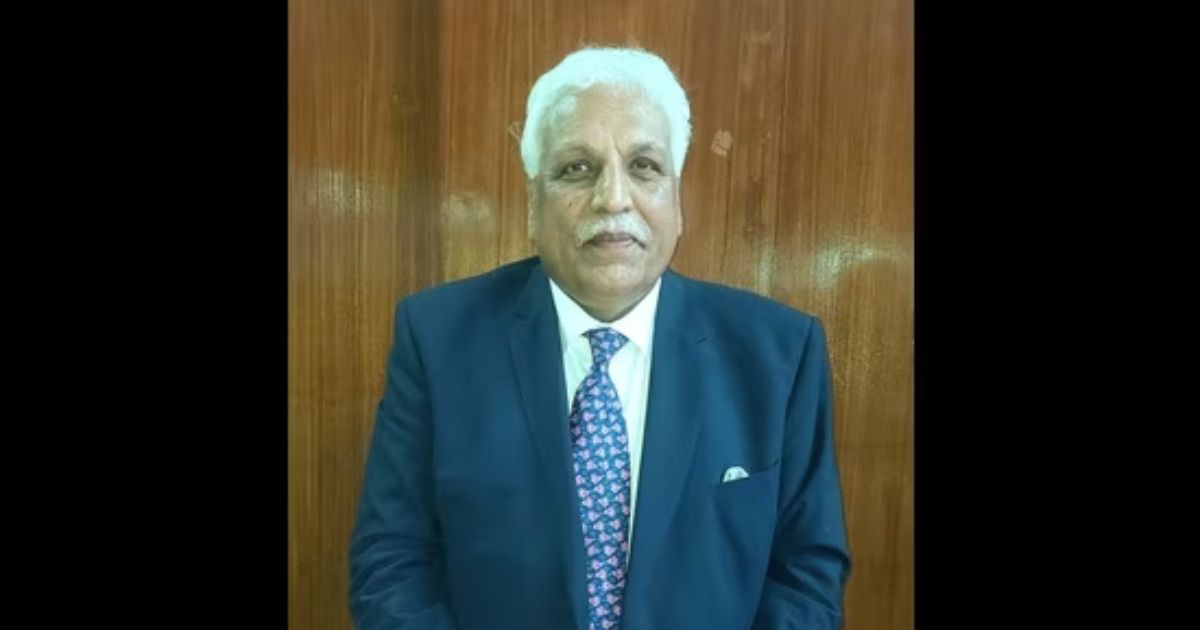As many as 75% of individuals grappling with mental health issues begin experiencing symptoms before the age of 25 and are at the highest risk for mental health challenges.
These concerning statistics were revealed by Dr. Afzal Javed, President of the World Psychiatry Association, during the Diamond Jubilee International Conference on Mental Health 2023 at the Post Graduate Institute of Medical Education and Research (PGIMER).
Dr. Javed’s remarks shed light on the critical issue of mental health among young people and underscore the need for early recognition and intervention. He emphasized that mental illnesses frequently go unnoticed, urging for more significant discussions about mental well-being on larger platforms to address these issues head-on.
One of the central points Dr. Javed made was the treatability and manageability of mental illnesses, emphasizing the importance of understanding their root causes. He highlighted that prevention is often more effective than treatment, making early identification and intervention paramount.
In his presentation, Dr. Javed also discussed some of the contributing factors to mental health challenges in young individuals, particularly adolescents.
He identified bullying in school and college environments, as well as unfavorable family dynamics, as significant factors influencing adolescent behavior.
Factors Behind Highest Risk for Mental Health Challenges In Youth
Dr. Javed explained that these factors can push young individuals toward maladaptive coping mechanisms, including drug addiction.
Additionally, he noted that adolescent males may exhibit aggression and hostility, further exacerbating their mental health issues. Parental conflicts and overall family unrest were also highlighted as potential triggers for mental health challenges among youth.
The revelations made by Dr. Javed highlight the urgent need for a more comprehensive approach to mental health support for young people. Mental health challenges can have a profound impact on an individual’s life, especially when they manifest at a young age.
Early intervention and support can make a significant difference in an individual’s ability to cope with and recover from mental health issues.
Addressing these challenges necessitates a multifaceted strategy that encompasses educational institutions, families, and the wider community.
By creating safe and supportive environments, offering mental health education, and fostering open discussions about mental well-being, we can work together to identify and assist young individuals who may be facing mental health challenges.
Dr. Javed’s call to action resonates not only in the field of mental health but also across society as a whole.
Recognizing the prevalence of mental health issues among youth and the importance of early intervention can pave the way for a healthier and more supportive future for the next generation.
As the Diamond Jubilee International Conference on Mental Health 2023 continues, it is expected that further insights and strategies for addressing youth mental health will emerge.
These discussions are crucial steps toward creating a society that values mental well-being, acknowledges its significance, and actively works to support and empower young individuals facing mental health challenges.




























